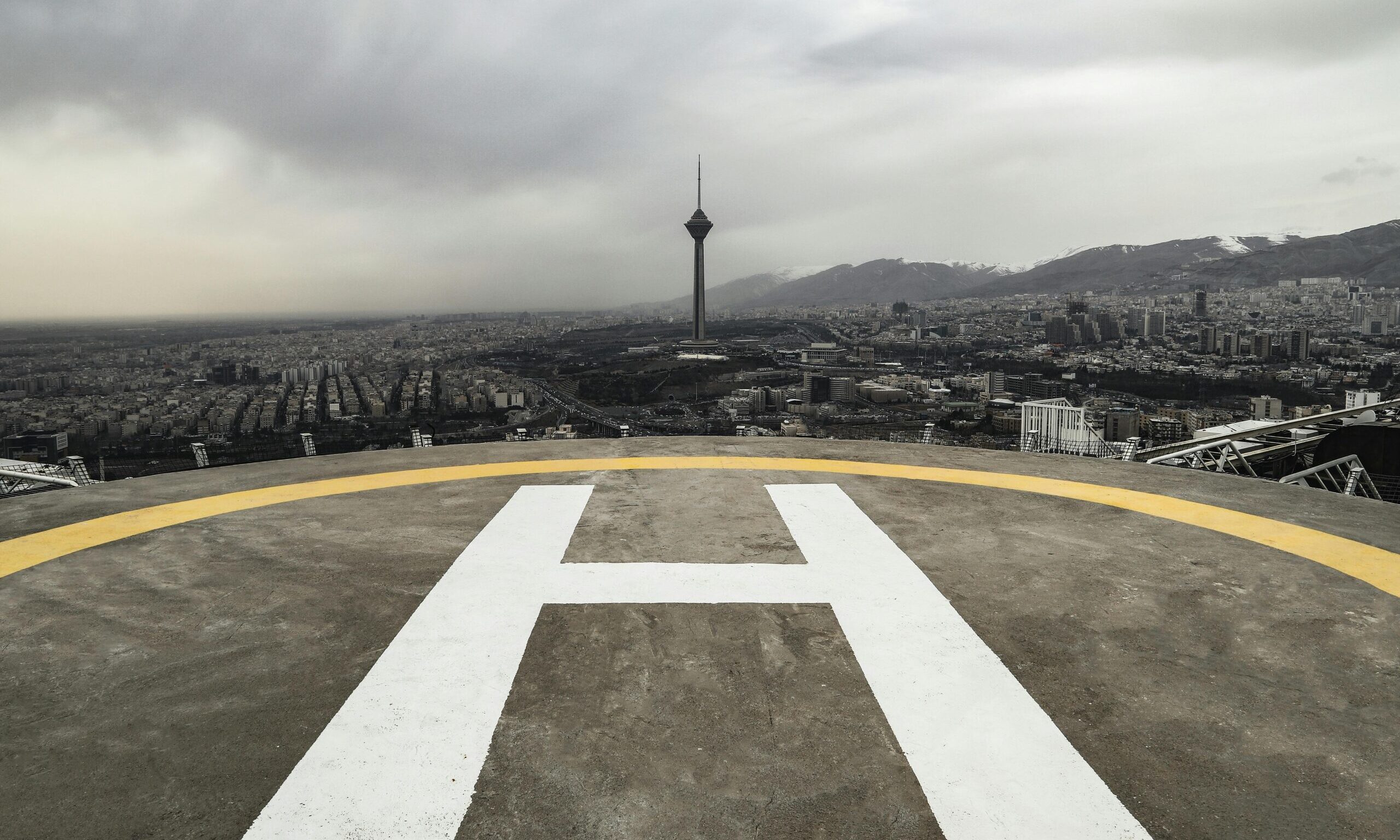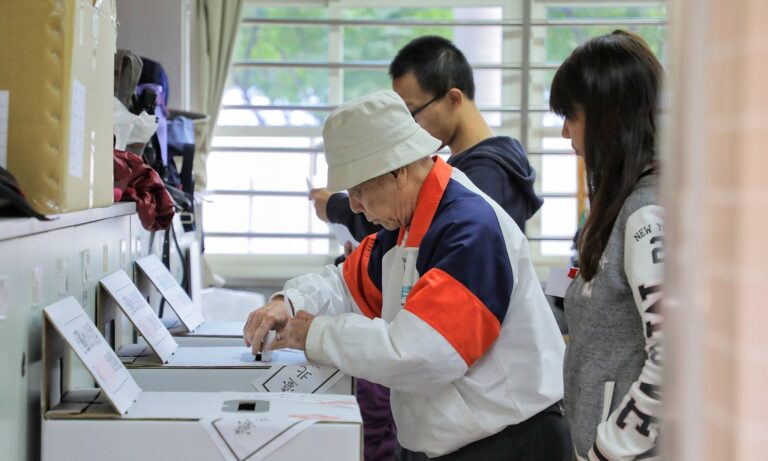Masoud Pezeshkian Wins 2024 Iranian Presidential Election: Impact on Iran-China Relations

While the election of reformist candidate Masoud Pezeshkian is a positive step towards potentially reviving the Iran Nuclear Deal, it is unlikely to significantly alter relations between Tehran and Beijing.
This article is part of a series from CHOICE focusing on the impact of elections on countries’ China policy.
On July 5, Iran elected a new president, Masoud Pezeshkian. The reformist candidate managed to defeat his hardline rival, Saeed Jalili. Pezeshkian, a former heart surgeon and Minister of Health and Medical Education, succeeds the late President Ebrahim Raisi, who died in a helicopter crash on May 19.
Chinese President Xi Jinping was quick to congratulate Pezeshkian on his election victory. Three days later, on July 8, Nasser Kanaani, spokesperson for the Iranian Ministry of Foreign Affairs, announced at a press conference that Iran would leverage the current favorable diplomatic environment to eliminate sanctions and strengthen its relationship with China, which it considers “one of the most influential countries.”
China as Iran’s Only True Friend
The Islamic Republic was born in crisis and molded by crises. Despite being accustomed to turmoil, it now faces serious domestic pressures as country-wide protests become more frequent due to growing resentment toward the government, fueled by economic hardships, restrictions on personal freedoms, and human rights concerns. In particular, the death of Jina Mahsa Amini in police custody, after being beaten and arrested for allegedly “incorrectly wearing her hijab,” has sparked unprecedented outrage and country-wide anti-government protests in over 210 locations.
To make matters worse, under the late President Raisi, the Iranian government rejected a rapprochement with the US, continuing to believe in its ability to resist internal and external pressures.
Nevertheless, the hardline regime has been seeking ways to stabilize the Iranian economy and secure its power. China has been and will continue to be a key partner in these efforts. In 2023, China purchased 90 percent of Iran’s oil, providing the regime with a crucial economic lifeline. However, Beijing has only made modest investments in Iran, while directing billions to neighboring Arab states. The Islamic Republic has seen little comparable gain since signing a Comprehensive Cooperation Plan with China in 2021. Out of the USD 400 billion that China was expected to invest in Iran’s economy over the 25-year period of the agreement, Iran has so far only received USD 185 million.
That is unlikely to change as long as the Iran Nuclear Deal remains unrevived. American sanctions on the regime complicate investments and make large Chinese companies and banks hesitant to invest in Iran. The former Iranian envoy to Beijing, Mohammad-Hossein Malaek, stated that China was supposedly willing to open credit lines for Iran but never did due to the sanction’s regime.
Despite limited success in the expansion of the economic aspect of the Chinese-Iranian relationship, China consistently strives to help the Iranian regime break its international isolation and counter efforts to isolate Iran further. Along with Russia, China was a key advocate for Iran’s inclusion in the BRICS, which it joined in 2023. In addition, as a founding member of the Shanghai Cooperation Organization (SCO), China supported Iran’s accession to the organization in July 2023. Within the UN, China has vetoed many initiatives aimed at condemning Iran, thereby impeding further isolation of the Islamic Republic.
In both the BRICS and SCO, Iran has leveraged its newly gained membership to advocate for changes in the financial system that could improve its economic situation. After joining the SCO, Iran called for the use of national currencies among member states in an effort to circumvent sanctions tied to the US dollar. Within BRICS, the Central Bank of Iran (CBI) proposed that the organization adopt a financial information exchange system similar to SWIFT, and establish an agency for anti-money laundering and combating the financing of terrorism similar to Financial Action Task Force (FATF). Iran has been banned from participating in both of these mechanisms.
China and Iran need each other. Iran relies on China to survive and break out of its international isolation, while China values Iran for its consistent anti-American stance. China understands Iran’s perspective, as both countries shared histories marked by repeated defeats and victimization at the hands of Western nations. Despite being a prominent actor on the international stage, China perceives itself as encircled by enemies and isolated, much like Iran. This persistent siege mentality has brought the two nations closer still.
Time for Change?
China has become increasingly important to Iran since the launch of its ‘Look East’ policy at the beginning of Mahmoud Ahmadinejad’s presidency in 2005. While the Iranian government continues to emphasize the importance of its relationship with China, the election of a reformist who advocates for the nuclear deal revival indicates a failure of the ‘Look East’ policy.
Over the nearly twenty-year existence, the ‘Look East’ policy did not succeed in diversifying Iran’s economic relationships enough to reduce the country’s vulnerability to Western influence, in particular to US sanctions. The Islamic Republic has likely realized that despite the continuous efforts to achieve a robust economy and a comprehensive trade relationship with China, its economic situation will only continue to deteriorate as long as US sanctions remain in place.
While the election of a reformist president was seen by some as Iran’s readiness to return to diplomacy with Western nations and as a positive sign for the potential revival of the Nuclear Deal, political and international circumstances may prevent Pezeshkian from making significant progress on his promised economic reforms.
In Iran, a presidential change typically does not lead to radical shifts in foreign policy. In addition, on July 7, Iranian Supreme Leader Ali Khamenei called for the continuation of the management model of the late President Ebrahim Raisi, which might further limit Pezeshkian in his ability to impact Iran’s foreign policy.
Internationally, significant challenges remain as well. The US has stated that it is not ready to resume nuclear talks with Iran. And given the upcoming US presidential elections and Trump leading in the polls, relying on the revival of the Nuclear Deal to address Iran’s problems appears highly optimistic. Donald Trump, likely to maintain his anti-Iran stance, would dismantle any deal with Iran as soon as he assumes office.
Therefore, during Pezeshkian’s presidency, it is probable that China and Iran will continue to explore ways to deepen their strategic relationship, while their economic partnership will still not live up to its potential.
Written by
Oliver Konradt
Oliver Konradt holds a BSc. in Psychology from the University of Groningen and an MA. in International Governance and Diplomacy from Sciences Po Paris. His areas of interest include Chinese energy and foreign policy, and the China-Iran relationship.


